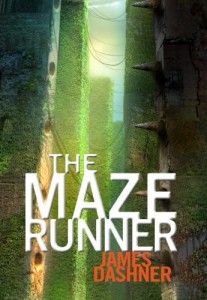 The Maze Runner, by James Dashner
The Maze Runner, by James Dashner
Rating: 4 out of 5
The Maze Runner begins with main character Thomas waking up in an elevator. He can remember nothing about his life, except his name. When the elevator opens, he finds himself in a world filled with about 60 teen boys. These boys have created a society in their world, sustaining on agriculture and supplies that show up weekly from the elevator. As Thomas starts to integrate himself into the society, he becomes frustrated by the secrets surrounding this world, and by the fact that some boys claim to recognize Thomas. When the first girl arrives only a week after Thomas’ arrival, the rest of the boys grow suspicious of Thomas, and it is up to Thomas to figure out what is going on and how they can escape the nightmare that has become their lives.
I tried reading this book a while ago and had a hard time getting into it. But I decided to give it another go. If for nothing else, I love trilogies and really wanted to find a new one I could get behind. And I’m glad I gave this book a second chance.
Dashner not only creates an engaging, different world, but he also creates a new, believable language. The voice of the characters is authentic and, once you get used to it, engaging. And the plot contains just the right mixture of mystery, action, and friendships to keep the reader wanting to know what will happen.
As a main character, Thomas is very likable. He worries that he has a dark past, but that doesn’t matter to the reader when we are shown his empathy towards others and his desire to help. Thomas is a true friend, despite whatever evil deeds might be lurking in the shadows of his unknown past. In addition to Thomas, the other characters are given dimension, each having a likable quality mixed with their own set of flaws.
The Maze Runner would serve as a nice companion book to William Golding’s Lord of the Flies. Whereas the society in Lord of the Flies disintegrates with the loss of adults, the boys in The Maze Runner show that society does not have to disintegrate and suggests that an ordered society may just be part of human nature. It could make for a very interesting discussion to read the two simultaneously.
And now for what you all want to know – should you read this book? Yes! I highly recommend this book and I cannot wait to read the rest of the trilogy.


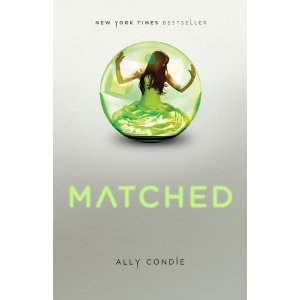
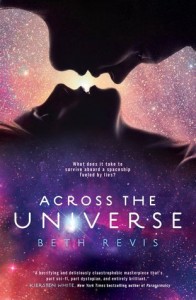



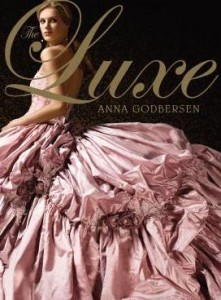
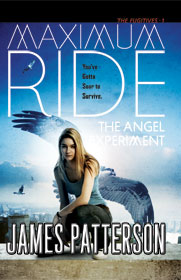
 Kelley Armstrong’s YA paranormal,
Kelley Armstrong’s YA paranormal,